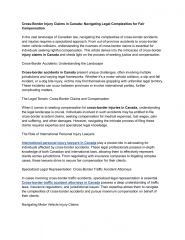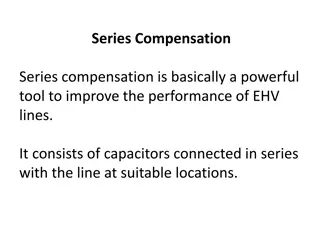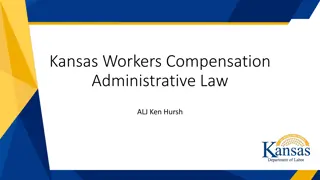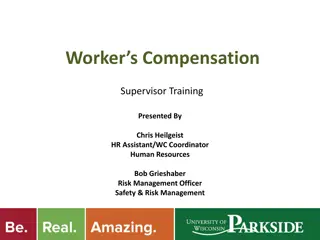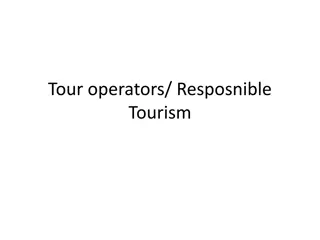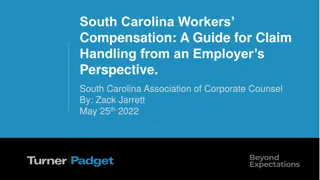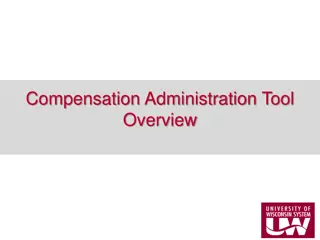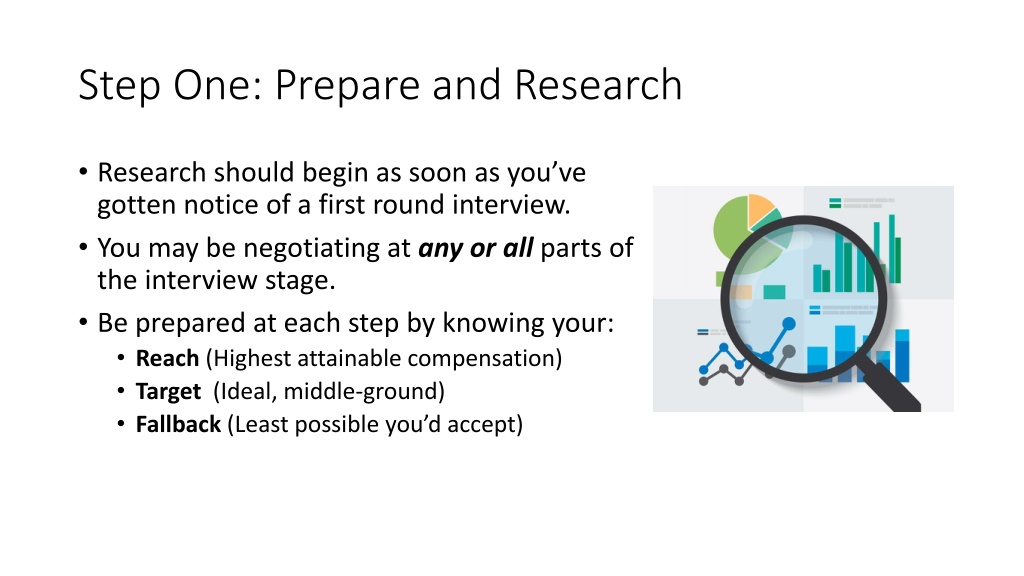
Mastering Salary Negotiation: A Comprehensive Guide
Learn how to navigate the salary negotiation process effectively with tips on preparation, timing, risk assessment, researching compensation, and resources to empower you in securing the best offer. Start your journey towards achieving your desired compensation level now.
Download Presentation

Please find below an Image/Link to download the presentation.
The content on the website is provided AS IS for your information and personal use only. It may not be sold, licensed, or shared on other websites without obtaining consent from the author. If you encounter any issues during the download, it is possible that the publisher has removed the file from their server.
You are allowed to download the files provided on this website for personal or commercial use, subject to the condition that they are used lawfully. All files are the property of their respective owners.
The content on the website is provided AS IS for your information and personal use only. It may not be sold, licensed, or shared on other websites without obtaining consent from the author.
E N D
Presentation Transcript
Step One: Prepare and Research Research should begin as soon as you ve gotten notice of a first round interview. You may be negotiating at any or all parts of the interview stage. Be prepared at each step by knowing your: Reach (Highest attainable compensation) Target (Ideal, middle-ground) Fallback (Least possible you d accept)
Step Two: Timing of Negotiation Does the position state the salary or wage in the posting? If not, negotiation will very likely happen Is the position covered by a collective bargaining agreement ( union )? Wages and compensation are usually already established You may be awarded higher pay grades based on previous experience Union contracts generally only set compensation minimums; management always has the ability to choose to pay you more
Risk in Timing of Negotiation Most Risk: First round/Phone Screening May be used to screen you out of the rest of the interview process. Less Risk: Second and subsequent interview rounds Management is estimating which of their short-list candidates they can get the most bang for their buck out of. IE, which candidate can they pay the least while getting the most experience/productivity/etc Least Risk: Post Job Offer. You and management just have to agree on a number in order to proceed to full-hire.
Researching Compensation Four factors: Experience, position, Industry, Location Ex: What do senior level sales representatives earn in telecommunications in Greater Philadelphia? Ex: How much can a entry level electrician make in residential construction in Camden County, NJ?
Research Resources GlassDoor provides user-generated compensation estimations of many different types of jobs: https://www.glassdoor.com/Salaries/index.htm SimplyHired provides compensation estimations as well https://www.simplyhired.com/salaries Bureau of Labor Statistics: More exacting government data on wider classifications of jobs Philly Metro: https://www.bls.gov/oes/current/oes_37980.htm Moving? Check out a Cost of Living Calculator to find out how far your new compensation will go https://smartasset.com/mortgage/cost-of-living-calculator
Step Three: The Dance Negotiating is a subtractive synthesis. Something new (the actual level of your new salary) is created by removing something (your expectations of a high salary and management s expectations of a low salary) You don t get what you don t ask for. Ask for your reach or just below it if you exceed qualifications. Ask for slightly more than your target if you adequately meet them. Don t ever ask for your fallback; it s a fallback for a reason. Get comfortable hearing No. Have your next lowest number (target or fall-back level) waiting in the ready.
Wrapping it up Salary or wages aren t the only form of compensation you can ask for. Time Retirement Benefits Perks Thank the hiring manger or committee after each offer, no matter how lucrative or paltry. Maintain professionalism whether accepting a salary level, making a counter- offer, or rejecting the job offer due to the compensation. Get it in writing: Nothing is final until it s written in a contract! Ask for a formal letter of hire with your compensation information

